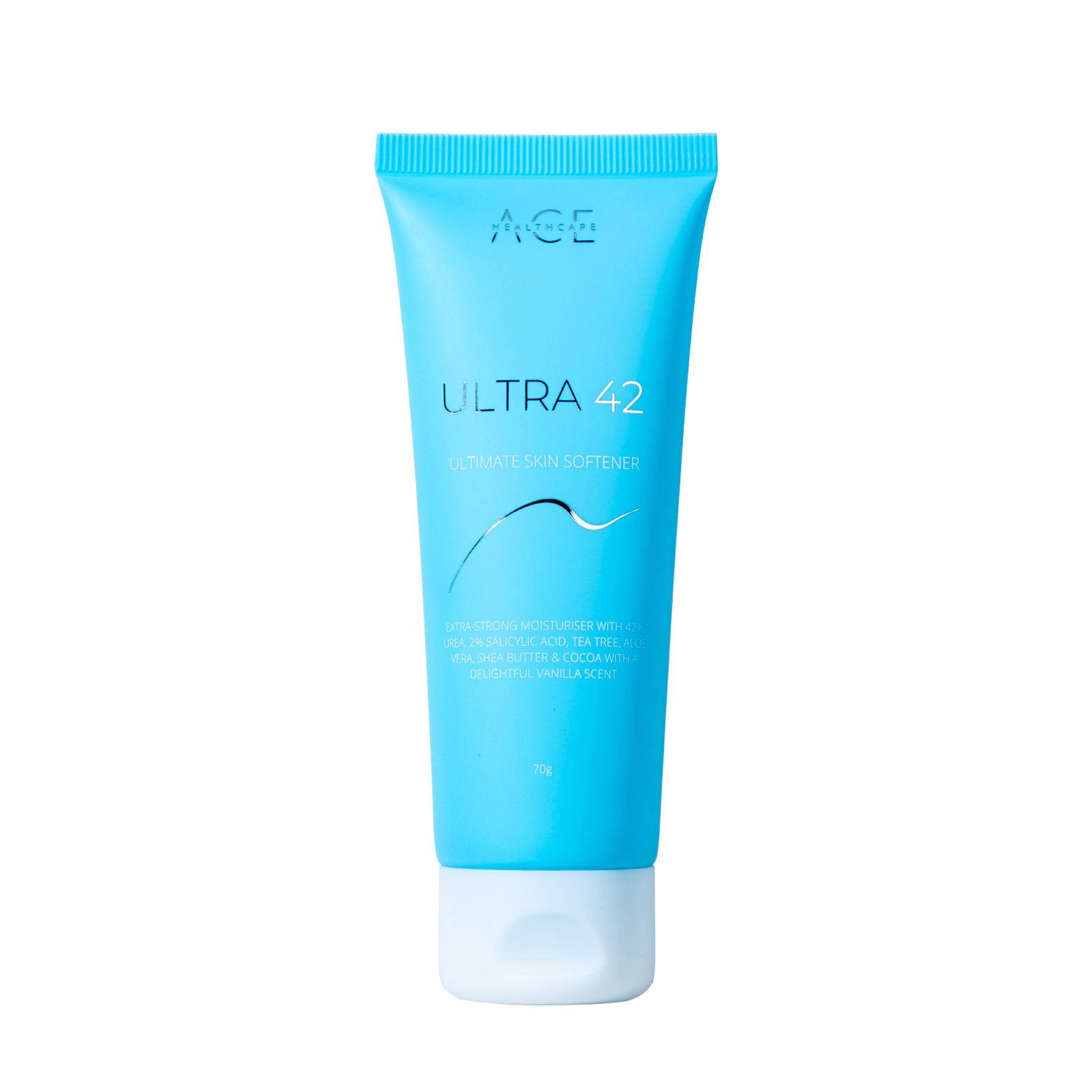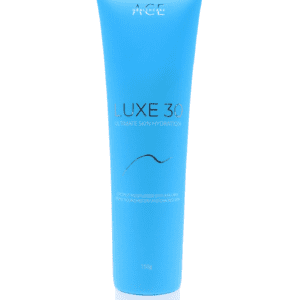If you’re suffering from foot pain, you may be wondering if orthotics are the right solution for you. Orthotics can provide relief for many different types of foot pain, but they’re not right for every situation. Here’s a quick guide to help you determine whether orthotics could help relieve your foot pain.
Symptoms of foot pain that may indicate the need for orthotics
If you’re troubled by frequent soreness or aches in your feet, or suffer from a chronic foot or lower limb condition, you will likely benefit from wearing orthotics. Orthotics are custom-made shoe inserts meant to reduce strain, bring comfort, and realign the bones in your feet.
Common signs that orthotics might work for you include persistent heel pain, unexplained knee or leg pain, fatigue after standing or walking, arch discomfort, and soreness between toes. If any of these sound familiar to you, consider visiting a podiatrist who can determine if orthotics are the right treatment for your situation.
What are orthotics and how they can help relieve foot pain
Orthotics are specialised shoe inserts designed to provide arch and heel support, as well as cushioning and shock absorption. By slightly altering the way your foot strikes the ground, orthotics help reduce pain caused by conditions such as plantar fasciitis, flat feet, arthritis, and even some topical injuries like sprains or tendinitis.
Orthotics can be found over-the-counter in a variety of sizes and shapes, but with those intended for medical use you should always seek the advice of a qualified healthcare professional, usually your podiatrist, before buying. With the right pair of orthotics for your specific needs and lifestyle, you can find relief from your foot pain without having to resort to invasive treatments.
How to get fitted for orthotics
Getting fitted for orthotics is a straightforward and easy process, but understanding it can feel intimidating. To make the process easier, it’s recommended that you schedule an appointment with your podiatrist as they have specialised skills in diagnosing biomechanical problems like flat feet or overpronation.
During the appointment, your podiatrist will perform an assessment to measure your feet and look for any biomechanical imbalances. They will also take your lifestyle into account and ensure that your orthotics are tailored to your individual needs to achieve the best possible outcome.
Finally, based on the information gathered, they will tailor a pair of custom-made orthotics just for you. With proper fitting, custom orthotics can help you walk more comfortably and confidently!
Tips for choosing the right type of orthotics for your needs
Choosing the right type of orthotics for your needs can be a daunting task. However, it doesn’t have to be so tricky – by arming yourself with knowledge and talking to a podiatrist, you can make sure you end up with the perfect fit.
A podiatrist will understand your individual needs, lifestyle, and activities in order to recommend the most suitable type of orthotic. They may also be able to suggest modifications or additions that are designed specifically for your feet. Of course, it helps to do some research beforehand by reading about different types of orthotics and how they work. With this combination of knowledge and professional advice, you can make an informed choice for a successful outcome.
Orthotics we have available at Foot Health Solutions
Sports Orthotics
A full length or three quarter orthotic which slides in to replace the insole of your running shoes, football boots, cycling cleats and more. They are usually made of a soft EVA material that is perfect for high impact activities. The orthotics are covered in special, high wearing, pressure deflective materials.
Women’s Slimfit Orthotics
3/4 length orthotics which slide into your work or fashion shoes. They are constructed from a thin, flexible, lightweight plastic that maximises the support you receive whilst minimising the amount of bulk in your shoes.
Work Orthotics
One of the greatest problems people face when getting their orthotics is that they don’t actually fit in the shoes you want them to. It is particularly important when it comes to work shoes because you wear them in excess of 8 hours a day! Some orthotics are designed and manufactured to fit perfectly inside your work shoes, from work boots to nurses shoes.
Children’s Orthotics
We have various orthotics used for different conditions and foot types. They have been used successfully to treat flat feet, high arches, hypermobility, Sever’s disease, in-toeing (pigeon toeing), out-toeing, juvenile arthritis, neurological conditions, metatarsal adductus, and more.
We also have orthotics available for everyday activities. Click here for our full range of orthotics.
How to care for your orthotics
Caring for your orthotics is an important part of making sure they last and keep you comfortable. To make sure that your orthotics continue to provide you with foot support, it’s important to never submerge them in water, as the material may break down or get compromised from long-term exposure. If they do get wet, use a clean cloth to dry them and allow at least 24 hours before wearing them again.
It’s also beneficial to keep your orthotics in a cool, dry spot where they can avoid any kind of direct heat or light. If you notice any tears or abrasions on the material of your orthotics, consider replacing them as soon as possible. Keeping up with regular care will ensure your orthotics stay in great condition and work just as well as when you first got them!
Finally, be sure to choose the right type of shoe for your orthotics and avoid excessively wearing them – like with any type of shoe insert, too much wear can cause discomfort. Your podiatrist can also help with footwear options.
In summary, orthotics can provide welcome relief from foot pain and help keep you on your feet longer. If you think you could benefit from orthotics, we encourage you to visit your podiatrist. If you are based on the Gold Coast, we highly recommend our friends at ProMed Podiatry for their holistic approach to foot health.






